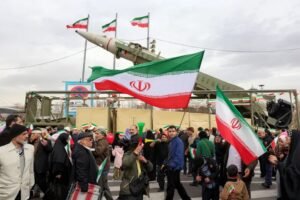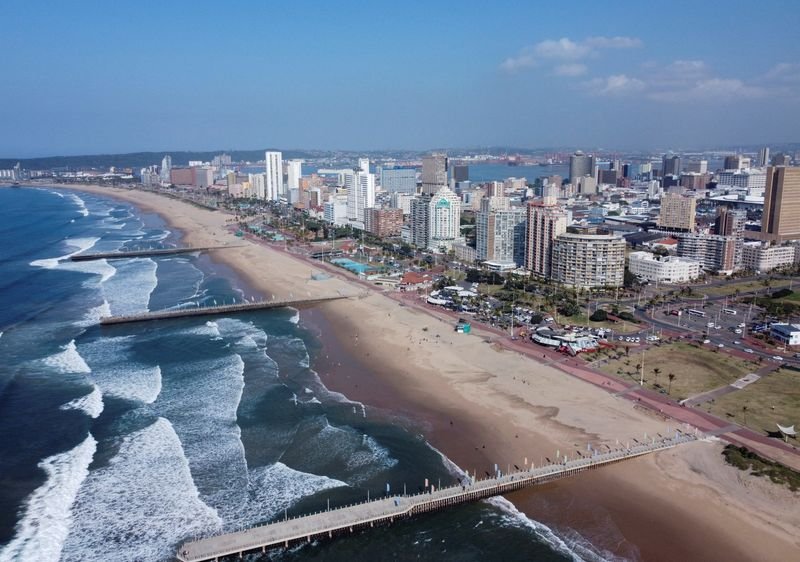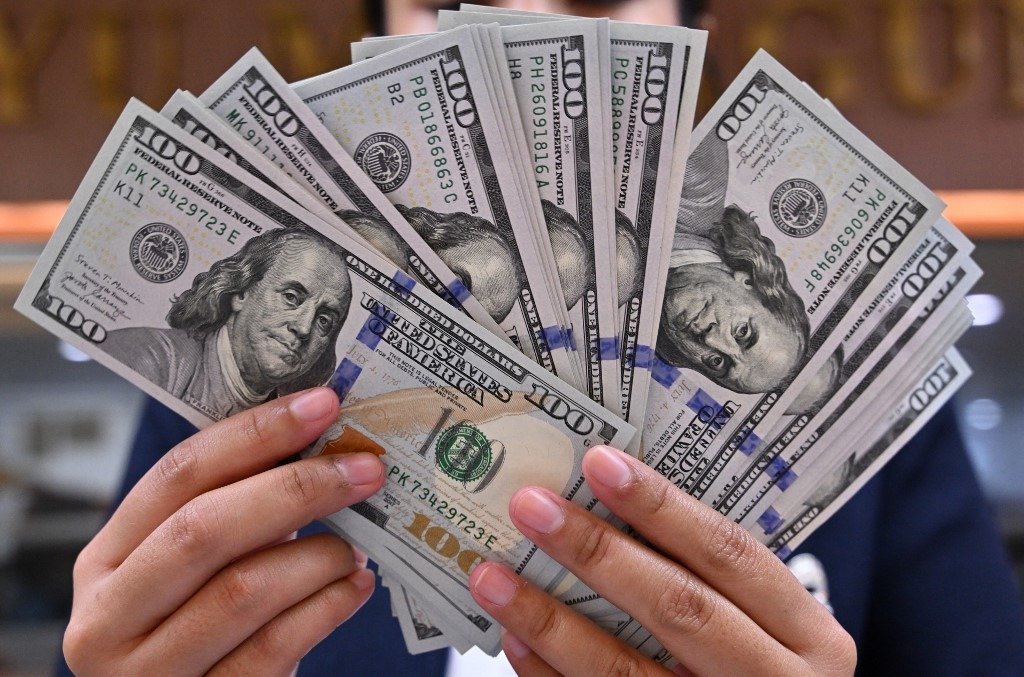G20 finance chiefs are gathering in Durban, South Africa, this week at a time of growing concern over global trade tensions. The two-day meeting, set against the backdrop of rising U.S. tariffs and limited cooperation among major economies, begins Thursday.
The G20, created to promote global financial stability, now finds itself struggling with division. Differences among member countries have increased, especially after Russia’s invasion of Ukraine and resulting sanctions from the West. These issues have weakened the group’s ability to take joint action.
This year’s meeting is hosted by South Africa, which is leading the G20 under the theme “Solidarity, Equality, Sustainability.” South Africa hopes to bring attention to key African concerns, such as high borrowing costs and the need for funding to fight climate change. However, major absences from the meeting may reduce the impact of any agreements.
U.S. Treasury Secretary Scott Bessent will not attend. This marks his second absence from a G20 event in South Africa this year, after also missing the February gathering in Cape Town. Other officials from countries like China, Japan, and Canada were also absent from the earlier meeting. The United States is set to lead the G20 next year, raising questions about its commitment.
Michael Kaplan, the U.S. acting undersecretary for international affairs, will attend in Bessent’s place. A G20 official, speaking anonymously, said the U.S. is still involved in talks about trade, the global economy, and climate policy, despite Bessent’s absence.
Finance ministers from France, India, and Russia are also not expected in Durban. South Africa’s central bank governor, Lesetja Kganyago, emphasized that what matters most is representation, not the title of the person attending. “If someone with a mandate is present, the country is represented,” he explained.
There is limited information about the U.S. agenda for its G20 leadership next year. However, sources suggest the U.S. may cut down on non-financial working groups and simplify the summit’s schedule.
Brad Setser, a former U.S. official and now a fellow at the Council on Foreign Relations, said the upcoming U.S.-led G20 may not aim for major decisions. He expects a more basic approach, with fewer expectations for big outcomes.
Meanwhile, global trade rules face fresh challenges. President Donald Trump’s tariff policies are adding pressure. The U.S. has set base tariffs of 10% on all imports and even higher rates on specific products. Steel and aluminum imports face 50% tariffs, and auto tariffs are at 25%. More tariffs, including on drugs and other goods from over 20 countries, are due to start on August 1.
Trump has also warned about possible 10% tariffs on goods from BRICS nations. Since eight BRICS countries are G20 members, this has caused concern about further splits within global groups like the G20.
German officials noted that the Durban talks will try to improve international relations despite these tensions. South African Treasury Director General Duncan Pieterse said the group still hopes to release a joint statement. If successful, this would be the first communique under South Africa’s G20 leadership.
The last time the G20 agreed on a joint statement was in July 2024. That document focused on resisting protectionist policies but avoided any mention of Russia’s war in Ukraine.
As the Durban meeting continues, it remains to be seen whether the G20 can find common ground. With some of its most powerful members absent and growing trade barriers on the horizon, global economic unity may be harder than ever to achieve.







